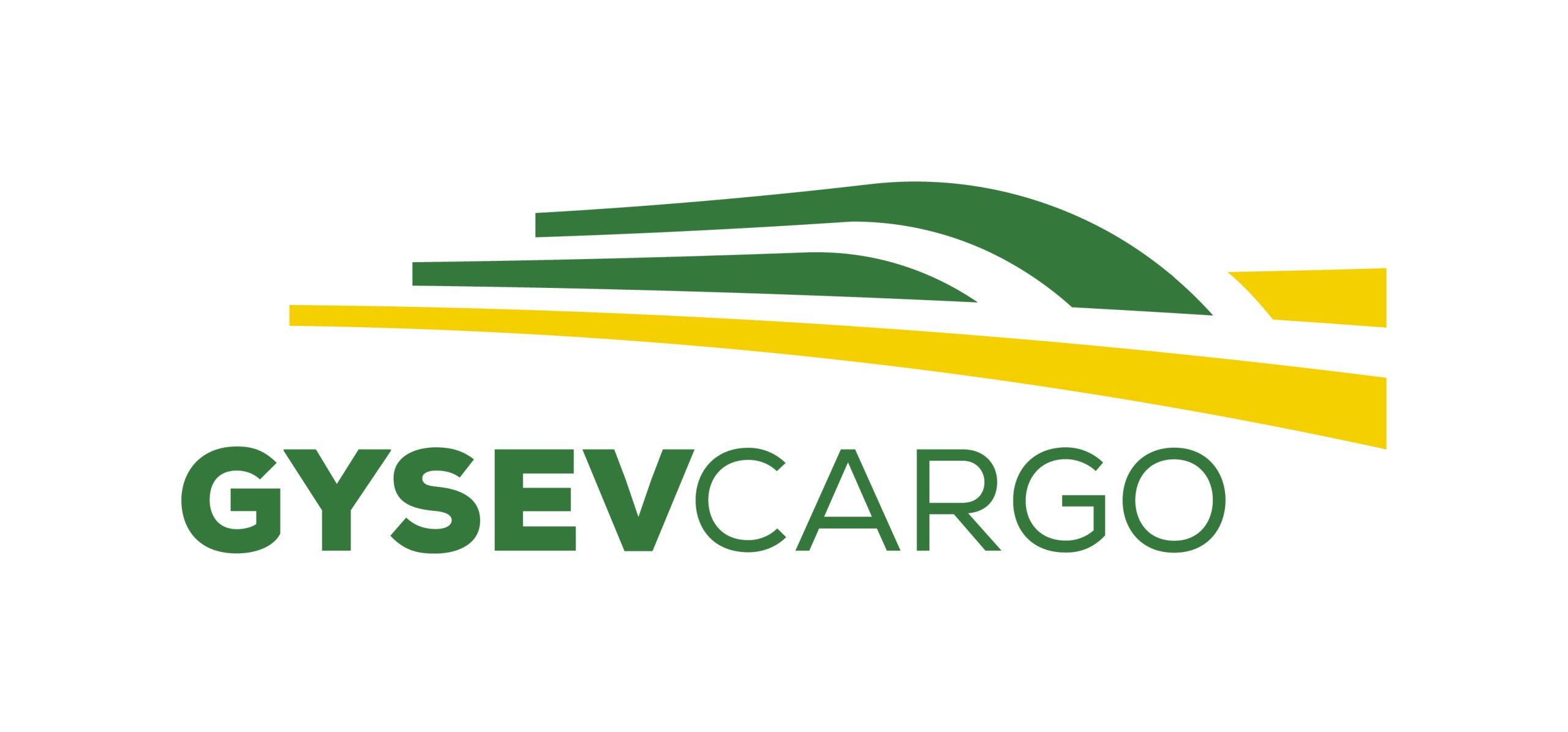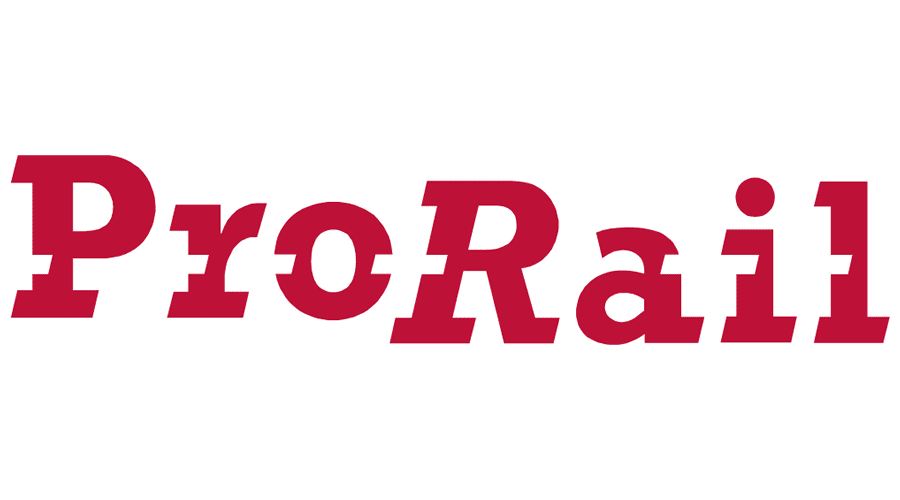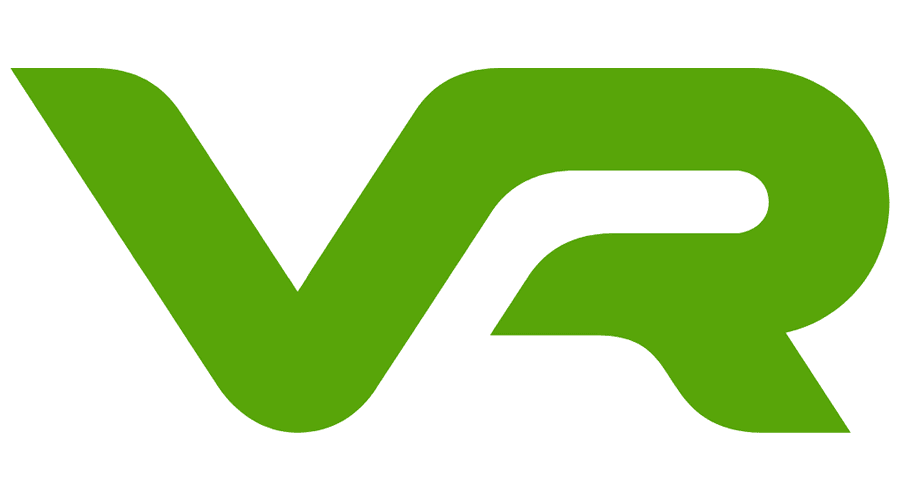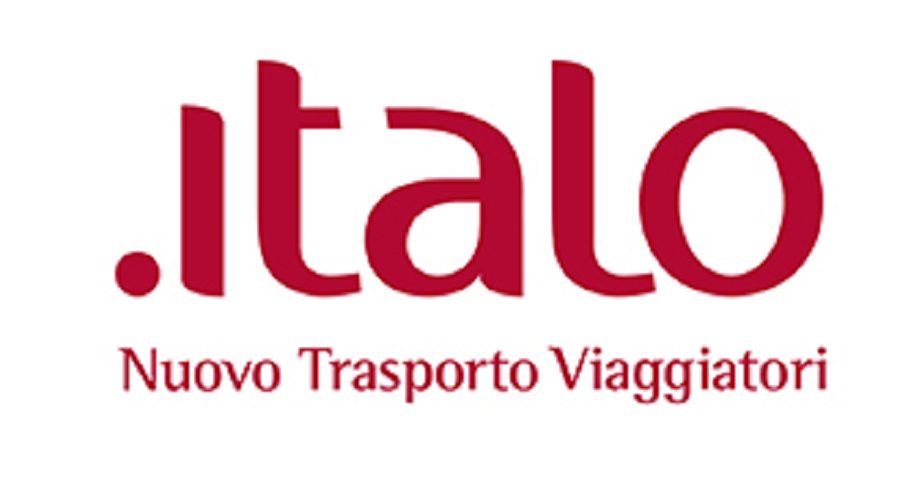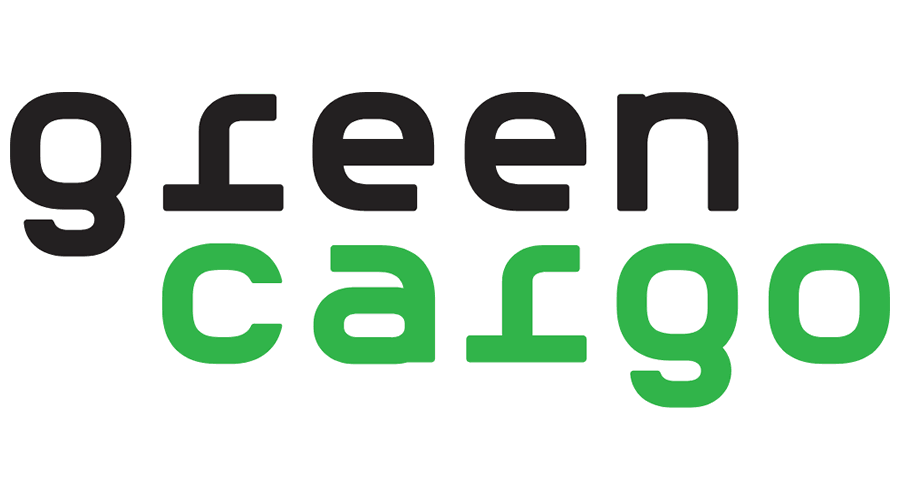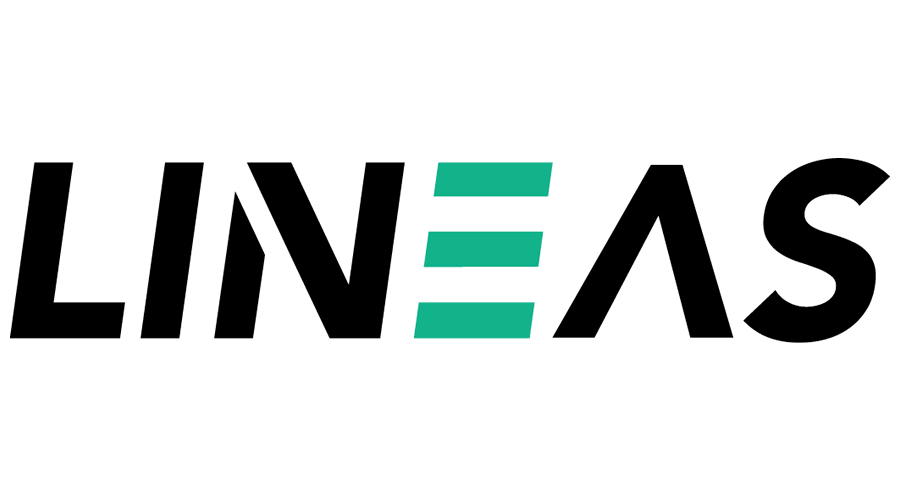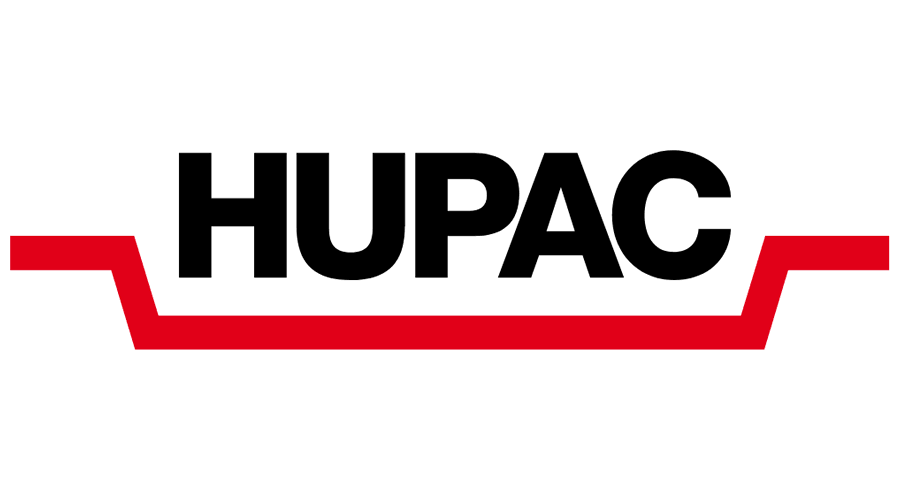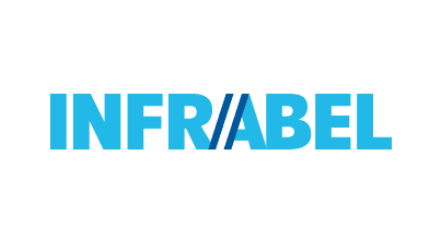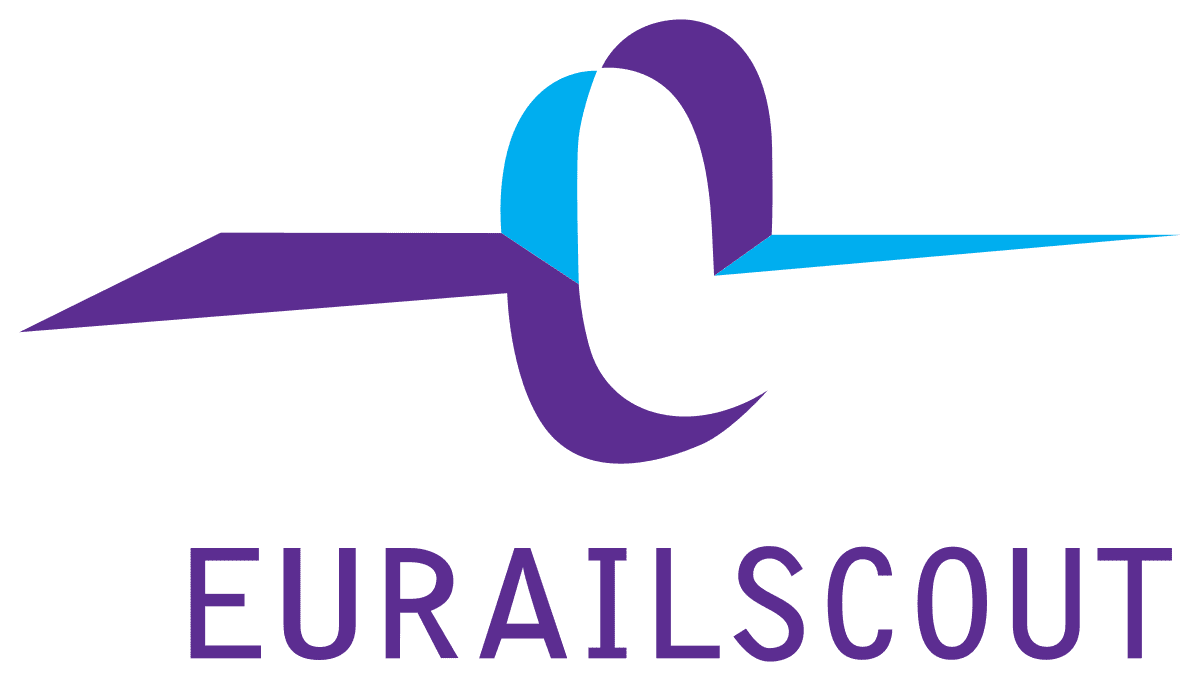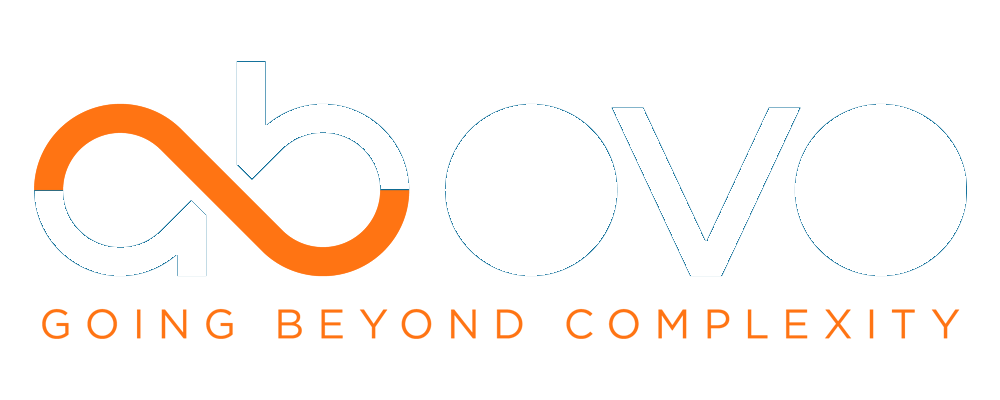The rail sector has a relatively small impact on global greenhouse gas (GHG) emissions compared to other modes of transportation. It accounts for about 2% of global transport energy demand and only 0.3% of total global fossil fuel combustion emissions. This is significantly less than the emissions from road and air transportation, which have much higher footprints. Rail transport is widely recognized for its environmental benefits, with the International Energy Agency (IEA) emphasizing its role in reducing energy consumption and emissions through more efficient mobility options and energy source diversification. This becomes particularly crucial as countries aim to meet their climate targets and shift towards more sustainable transport systems. However, without the appropriate software and IT systems, managing the complexities of coordinating various stakeholders remains a significant challenge.
In the rail industry, we offer comprehensive solutions to digitize our customers’ business processes through our Eco Logic Platform as well as DELMIA Quintiq. These software solutions manage all essential transactions (ERP) for rail and intermodal operations. Our services include resource planning and management, closely aligned with key performance indicators (KPIs), optimizing the order-to-cash cycle, and managing specific operations like intermodal and container logistics. Our solutions are highly integrated and user-friendly, providing time savings, standardization, and reduced data entry errors. The Eco Logic Platform supports companies in fully replacing their ERP, updating parts of it, or implementing an ERP system for the first time. Additionally, DELMIA Quintiq solutions automatically optimize resources, shipments, and carbon emissions in a fully integrated solution.
Challenges in Rail
In various transportation sectors, such as rail, pivotal efforts to decrease carbon emissions center around key assets. In rail specifically, locomotives and infrastructure play vital roles. Transitioning to more electrified resources necessitates investments in electric locomotives, alongside enhancing the energy efficiency of available electrical traction through research and development. Electrifying tracks globally presents a significant challenge and investment. Government funding is essential to meet ambitious targets like those outlined in the European Green Deal, aiming for a 90% emissions reduction by 2050. A challenge arises in areas where renewable energy sources may not always be readily available, leading to emissions from trains running on fossil fuel electricity. Hence, updating both rail infrastructure and power grid sources is crucial.
Thankfully, sustainability goals often coincide with operational efficiency in day-to-day rail activities. Boosting the cargo load factor reduces CO2 emissions per freight tonne, achieved by minimizing empty wagons and optimizing cargo loads through consolidation for improved efficiency. While maximizing train capacity is crucial for emission reduction, ensuring optimal route selection, traction, and speed also holds merit.
Moreover, the rail industry plays a pivotal role in transitioning from other transport modes like air, ocean, or road. This necessitates efficient alignment at intermodal connection points, a focus highlighted in our expertise in Landside logistics.
In addition to addressing intermodal challenges and enhancing rail operation efficiency, the industry faces other hurdles where data-driven solutions offer direct benefits::
Capacity Constraints: Many rail networks operate at full or near capacity, leading to congestion and delays. Expanding capacity requires significant investments in infrastructure.
Technological Integration: Incorporating modern technologies into existing rail networks poses complexities, as does integrating legacy systems with new tech.
Safety Concerns: Ensuring operational safety is paramount, involving accident prevention, human error mitigation, and implementing safety measures for passengers and freight.
Infrastructure Maintenance: Aging rail infrastructure demands regular upkeep and upgrades to maintain safety and efficiency, balancing repairs with uninterrupted service.
Global Supply Chain Disruptions: Events like natural disasters or geopolitical tensions disrupt the global supply chain, impacting rail transport. Resilience and contingency planning are vital.
Addressing these challenges demands stakeholder collaboration, innovative solutions, and strategic planning for continued rail industry growth and efficiency. Ab Ovo offers solutions that reduce transportation costs, increase flexibility and reliability, and lower carbon emissions.
Let Ab Ovo assist in crafting sustainable IT solutions encompassing planning, digitization, scenario analysis, and logistics insights, ensuring informed decision-making balancing sustainability, efficiency, and customer satisfaction.
Rail Solutions Made for You
Our tailored rail solutions enable operators to achieve modal shift by digitizing business operations, developing interoperable data ecosystems, maximizing resource utilization, and gaining a competitive edge through advanced analytics. We prioritize eco-friendly solutions for digital transformation in any business process.
With industry knowledge and best practices, we ensure business value by reducing costs, increasing profit margins, and cutting carbon emissions, leveraging strong predictive and prescriptive analytics capabilities. Our solutions cover various aspects from rail operations ERP to infrastructure planning, all aimed at delivering value to our customers while prioritizing environmental sustainability, cost reduction, safety, and regulatory compliance.
We dare to say that we stimulate growth and sustainability with our strong predictive and prescriptive analytics capabilities. Our solutions include:
- Rail Operations ERP
- Rail Cargo/Passenger Planning
- Train Planning
- Timetable planning
- Maintenance planning
- Workforce planning
- Fleet and Network Planning
- Hump shunt planning
- Load planning
- Infrastructure Planning
- Strategic Asset management
Our Solutions – Your Benefits
At the outset of every project, we establish a strategy focused on delivering value to our customers. In the rail sector, this strategy encompasses:
- Environmental sustainability: Reduce emissions through more fuel-efficient routes and schedules
- Cost reduction: Minimize expenses through efficient planning and optimized routes.
- Enhanced safety: Identify and mitigate risks for secure cargo transportation.
- Streamlined workload forecasting: Drastically reduce time spent on workload forecasts.
- Enhanced decision-making: Run multiple demand scenarios for better business decisions.
- Improved train scheduling: Optimize train schedules for enhanced freight traffic efficiency.
- Capacity utilization: Maximize rail infrastructure efficiency through effective planning.
- Increased adaptability: Provide flexibility to adapt to organizational challenges seamlessly.
- Real-time planning: Utilize real-time information for higher-quality planning processes.
- Customer satisfaction: Ensure timely delivery for increased client loyalty.
- Regulatory compliance: Ensure adherence to industry standards and regulations.
- Intermodal integration: Seamlessly integrate with other transport modes for comprehensive solutions.
- Data-driven insights: Utilize planning data for continuous improvement.
- Resilience to disruptions: Build robust strategies for operational continuity.
- Competitive advantage: Gain an edge in the market with well-planned operations.
Resources
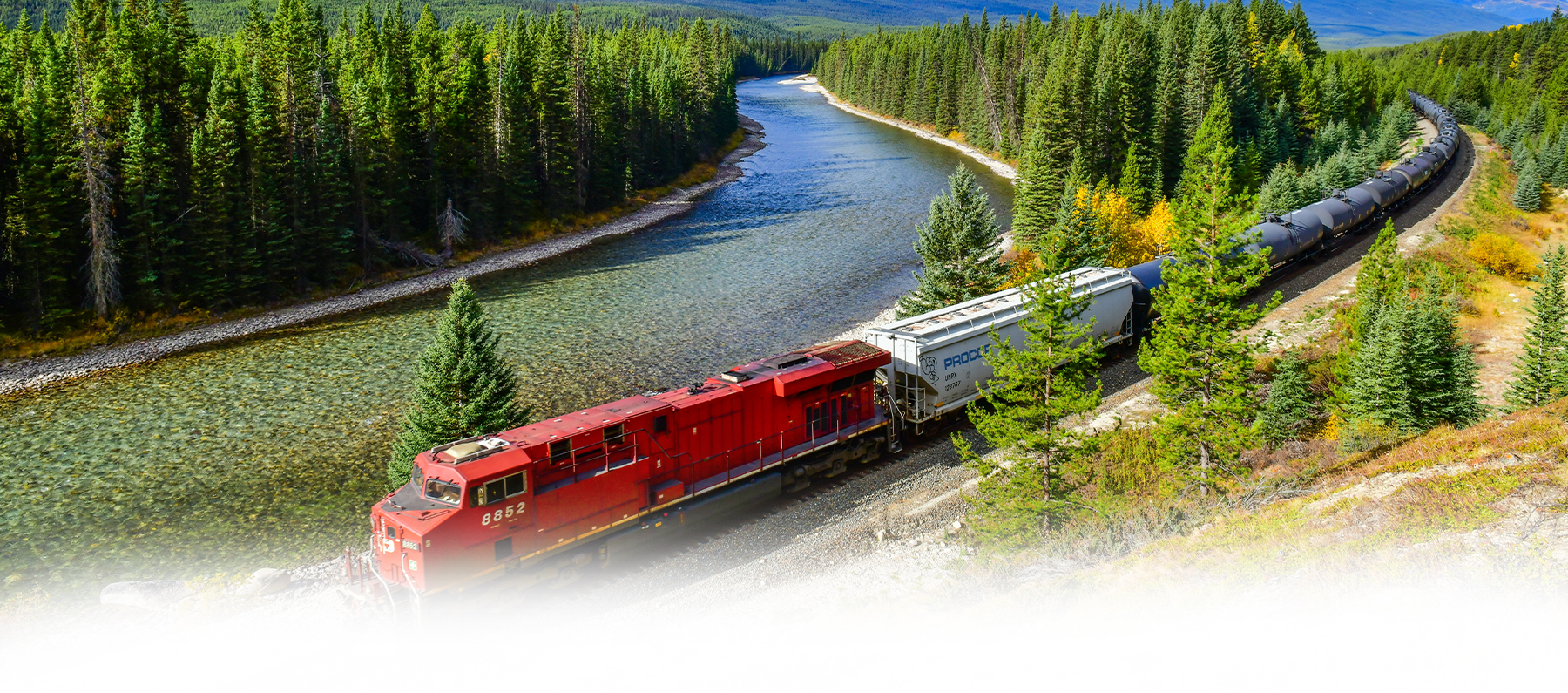
Whitepaper
Ab Ovo’s Rail Cargo Solution provides the Rail Cargo Operators planning and optimization to plan both their Fleet and Crew
Read now >
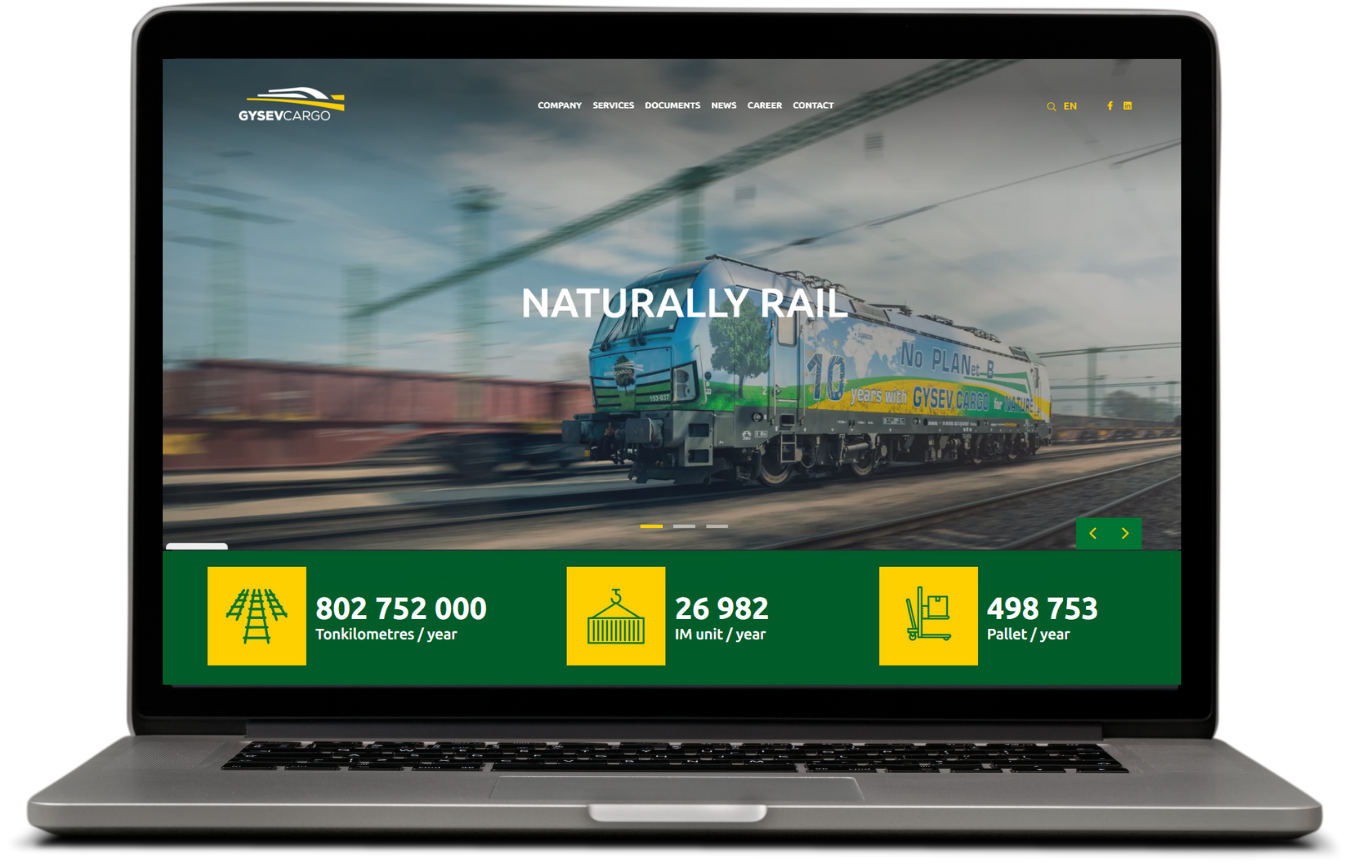
Case Study
How Ab Ovo’s Eco Logic Platform Helped Transform GYSEV CARGO
Read now >
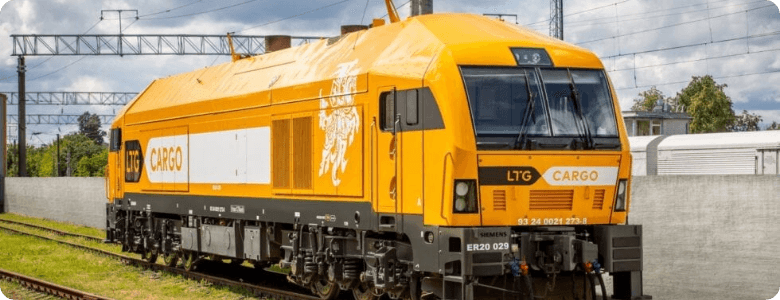
Article
LTG Cargo partners with Ab Ovo to digitize their freight planning system
Read now >

